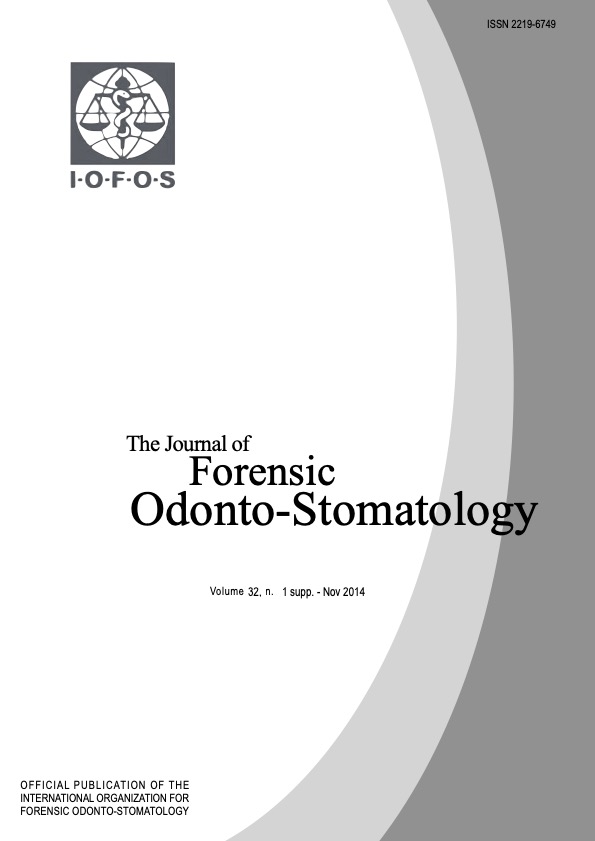Professional consequence for dentists involved in unethical decision-making in South Africa
Abstract
The previously gullible and apathetic South African public, generally speaking, is lately becoming increasingly rights-based sophisticated. Patients are no longer accepting inferior quality work and have become more knowledgeable especially regarding the expected skills and professional conduct of dentists. The present study examined archival material as published between 2007 and 2013 of penalties against ethical misconduct. It was found that the majority of ethical transgressions took place in urban settings and the most predominant transgression was charging for services not performed and submitting these claims to medical aids as well as performing sub-optimal interventions. Legally a practitioner who performs such acts may be held liable for the damage or injury suffered by the patient as a consequence of these acts, on the basis of negligence. Penalties imposed by the Health Professions Council of South Africa vary between 5,000 Rand and 15,000 Rand, as well as suspensions of between 9 to 12 months. It is doubtful that transgressors would change their behaviour in the light of the present Continuous Professional Development programmes where attendance is really the only prerequisite and not moral reflection. This study recommends that the Health Professions Council of South Africa need to re-evaluate the effectiveness of their ethical training programmes and adapt the model to incorporate more inclusive learning

